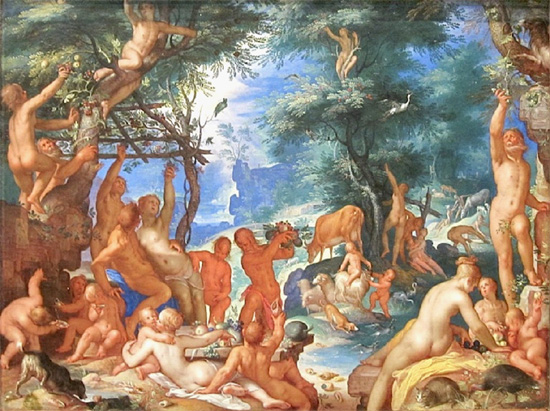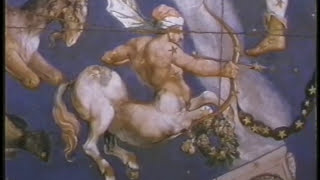Category: Picture of the Day
A picture and essay from the perspective of the Electric Universe.
Signs of Life?

Original Post March 19, 2014 Sulfur is abundant on Mars. “My hour is almost come, when I to sulphureous and tormenting flames must render up myself.” Hamlet: Act 1 Scene 5 — William Shakespeare According to the Electric Universe theory, diversity exists among the Sun’s planetary family because they…
Island Universes

Original Post March 13, 2014 Galactic magnetic fields were discovered more than 50 years ago. Astronomers continue to ask basic questions about galaxies: what generates their magnetic fields? What gives those fields their shape and their strength? Researchers using the latest computer simulations think they have found the answers….
Rock Science
Blast of Gas
Solar Supernova
Ironstone Fulgurites

Original Post February 14, 2014 Strange formations within a sandstone matrix are found throughout the Blue Mountains. Exactly what are sandstone and ironstone? The classic explanation is that they are both sedimentary rock, which means they are deposited in layers. In the Blue Mountains near Sydney, the sandstone layer is…
Greenland: Once a Viking Paradise

Original Post February 5, 2014 The “Little Ice Age” impact on Europe was sudden and ferocious. Using its weapons of plague, famine and (perhaps controversially) earthquake, the so-called “Little Ice age” reduced the population of Europe by around 30 to 50 percent. The virulence and death toll of the 1348…
Gravitation as Frog

Original Post January 30, 2014 A gravity-only Universe cannot explain certain discrepancies. Ilya Prigogine, from a young age, was concerned that accepted physical theory had a couple of glaring discrepancies from observation: determinism and time symmetry. Most observations are of contingency and irreversibility. No one has yet seen an…
Good as Gold

Original Post January 23, 2014 The proverbial ‘golden age’ is a classic case study in the difference between local and global themes in mythology. It was the German ethnologist Adolf Bastian (1826-1905) who first introduced a systematic distinction between universal ‘elementary ideas’ (Elementargedanke) and culture-specific ‘folk ideas’ (Volksgedanke) in…
















